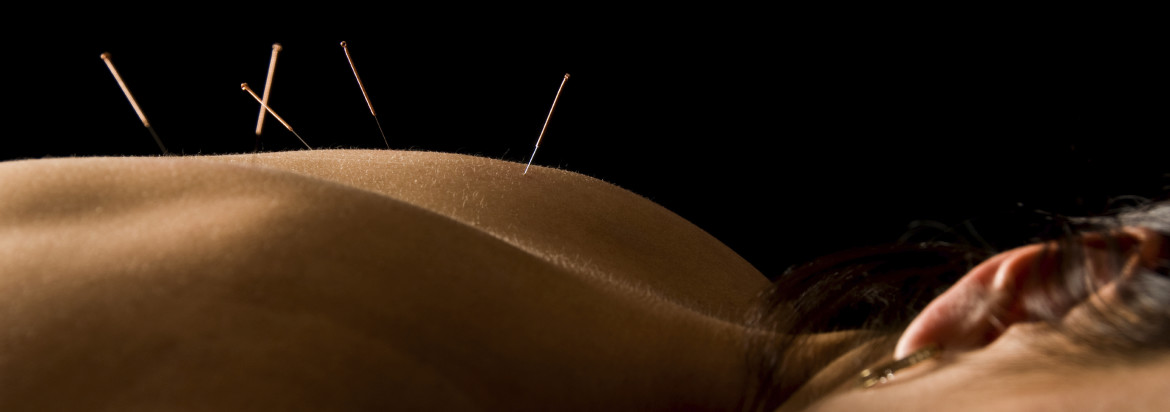Traditional Chinese Medicine (TCM) is a system of medicine originating in ancient China and practiced by billions around the world today. As a dynamic and integral part of world culture and science, TCM has become increasingly popular in the West as a form of complementary and alternative therapy.
Much like the yin yang symbol above, Chinese medicine in the modern world complements and completes modern medicine. Where modern medicine excels at treating medical emergencies requiring surgery and antibiotics, traditional Chinese medicine excels at treating chronic disorders (autoimmune, cerebral palsy, stroke rehabilitation).
Hospitals in China and Taiwan (ROC) frequently combine treatments of modern medicine with traditional Chinese medicine. A cancer patient undergoing chemo or radiotherapy for example, would be prescribed Chinese herbal medicine to alleviate the inevitable side effects of nausea and lowered white blood cell count. More mundane ailments such as colds and flus are preferentially treated with Chinese herbs, cupping and acupuncture rather than pharmaceuticals so as to prevent antibiotic resistance and to allow the patient’s immune system to fend off the pathogens.
What’s involved in a typical visit?
If it’s your first visit, your practitioner will start off with an interview to get a comprehensive idea of your general health and wellbeing.
Besides inquiries about your presenting condition, you may also be queried about seemingly unrelated things like your diet, sleep, fluid intake and medications taken but ultimately all of these seemingly unrelated bits of information offer a holistic view of your current state. From there, your practitioner will offer you a variety of treatment options and plans.
Subsequent consultations will follow up on your condition since the last visit and treatment will be adjusted accordingly.
Acupuncture and/or Chinese herbs?
The majority of treatments will employ a combination of acupuncture and Chinese herbal medicine but in some situations, only one or the other will be required.
How long will the treatment last?
Treatment programs will vary depending on the patient’s constitution and whether or not the presenting condition is acute or chronic. Naturally, chronic conditions require significantly more time for treatment than acute conditions given that Chinese medicine essentially seeks to ‘re-train’ the body to a pre-disease state.
By way of an example, a patient presenting with lower back pain due to long hours sitting down in front of a computer or at a desk, would require acupuncture twice a week for the next two weeks, then once a week for an additional 4 weeks. Herbal medicine may not necessarily be prescribed in this case.
On the other hand, and by way of an extreme example, a patient recovering from a stroke would require consistent acupuncture twice or three times a week to maintain and improve muscle tone and strength and range of movement. Depending on the severity of the stroke, herbs may be prescribed and treatment duration could range anywhere from years to a lifetime.
Treatment costs
For detailed information on treatment costs, please click here.

